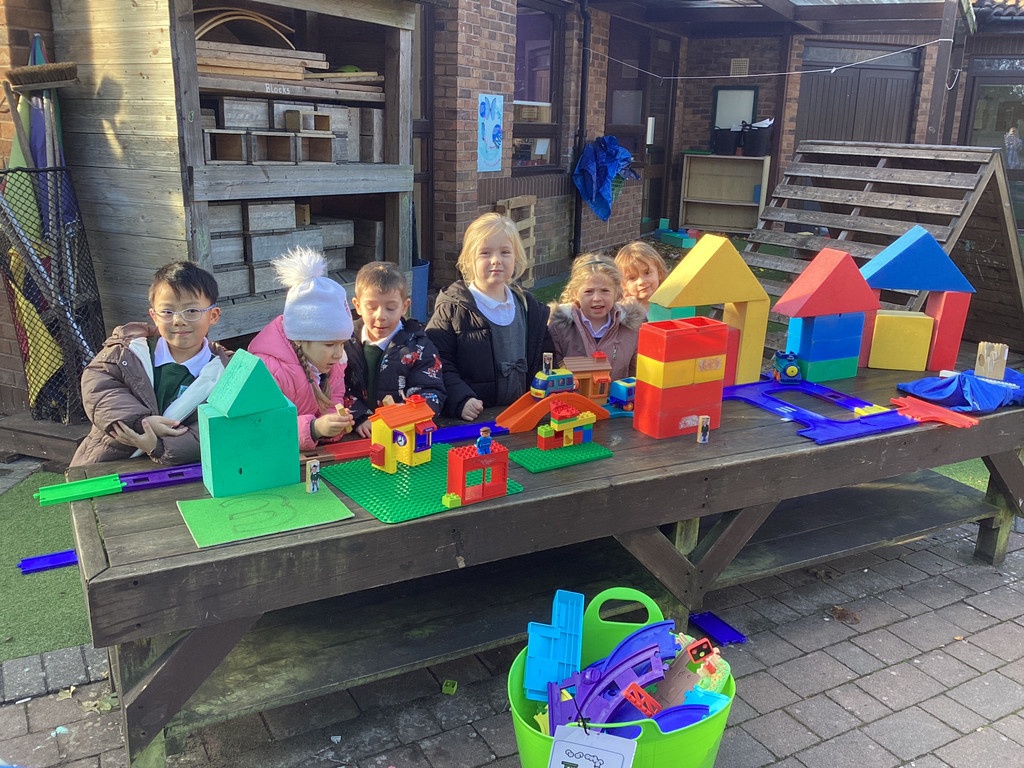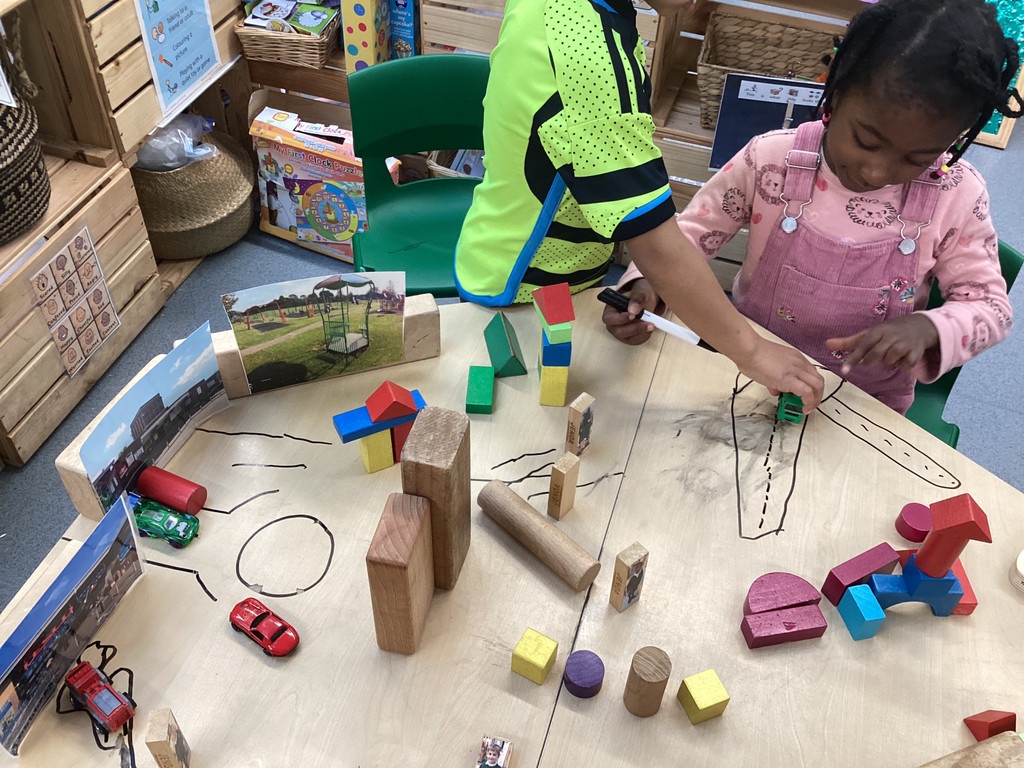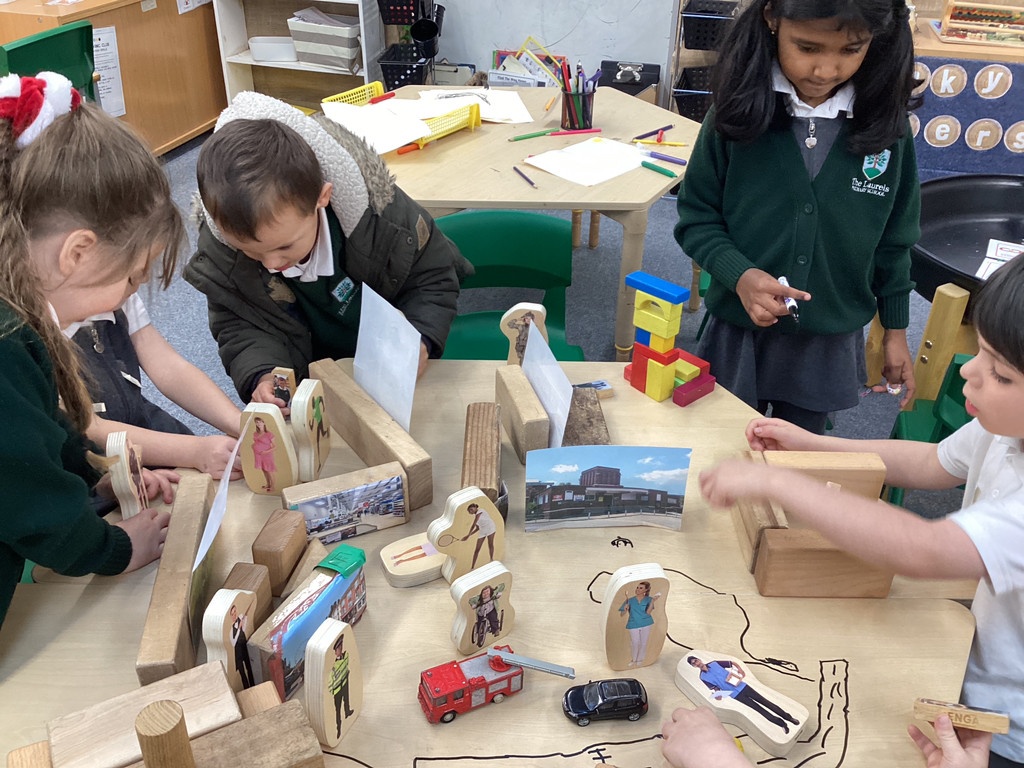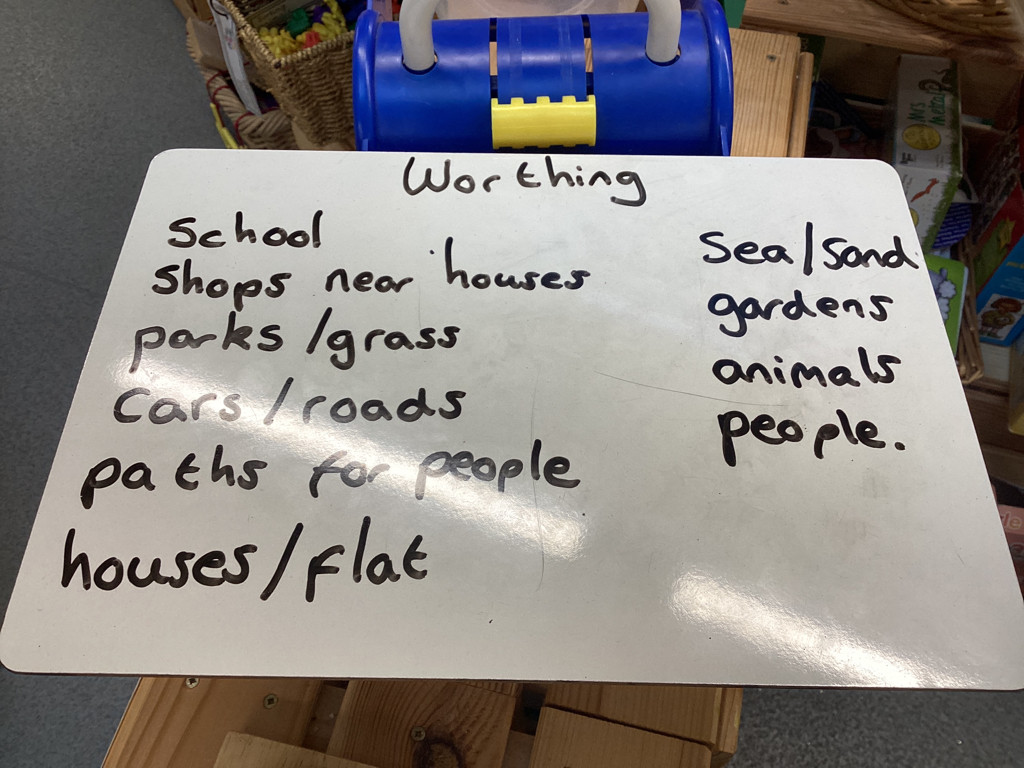Geography
Intent
At The Laurels Primary School, we believe that a well-rounded Geography curriculum should be challenging, motivating, topical and fun. In today’s diverse society, it is more important than ever for children to understand different people, places and cultures. Geography makes a significant contribution to children’s physical, intellectual, social and emotional development by helping them make sense of the world and their place within it.
Our Geography curriculum has been carefully designed to ensure children build a secure and coherent understanding of both their local area and the wider world as they progress through the school. Geography at The Laurels extends far beyond the classroom — through fieldwork, visits and real-world exploration, we provide rich, memorable experiences that inspire curiosity and deepen learning.
We aim to shape our pupils into thoughtful, informed and considerate global citizens, equipping them with the knowledge and skills they need to explore, understand and care for the planet. We also place great value on developing children’s knowledge of their own locality, encouraging pride in and stewardship of their community and the environment.
Implementation
Geography is taught three half terms per year, alternating with history to ensure broad and balanced coverage of the humanities. Units are carefully sequenced to build knowledge over time, helping children to develop a secure understanding of place, space, scale and geographical processes. All content is delivered in line with the National Curriculum programmes of study.
Each unit is thoughtfully planned using our subject Knowledge Organisers, which outline the key knowledge, skills and vocabulary children need to acquire. These organisers ensure progression within and across year groups, supporting the development of geographical understanding year on year. Vocabulary is explicitly taught, reinforced and applied to help children confidently use geographical language and concepts.
Retrieval practice is embedded throughout lessons to strengthen long-term memory and allow teachers to adapt planning based on what pupils know and remember. Lessons include both locational and place knowledge, as well as geographical skills and fieldwork, with clearly defined endpoints that guide the learning journey and inform assessment.
To deepen understanding and build cultural capital, we enhance our curriculum with trips to contrasting localities, fieldwork experiences and geographical exploration beyond the classroom. We also offer enrichment opportunities such as workshops and themed days, which bring geography to life and help children develop curiosity, responsibility and a greater awareness of their role as global citizens.
Impact
Through the careful intent and implementation of geography throughout the school, we expect children to:
- Know more, remember more and understand more about places, people and environments
- Develop a lifelong curiosity about the world and a deep respect for diverse cultures and communities
- Ask thoughtful geographical questions and investigate patterns and relationships in the world around them
- Make meaningful connections between their local area and the wider world
- Use their understanding of geography to consider environmental issues and the impact of human actions
- Have a strong sense of curiosity, global awareness and responsibility
- Be prepared to engage as informed, reflective and considerate global citizens in a diverse and changing world
Our curriculum in action
Reception







